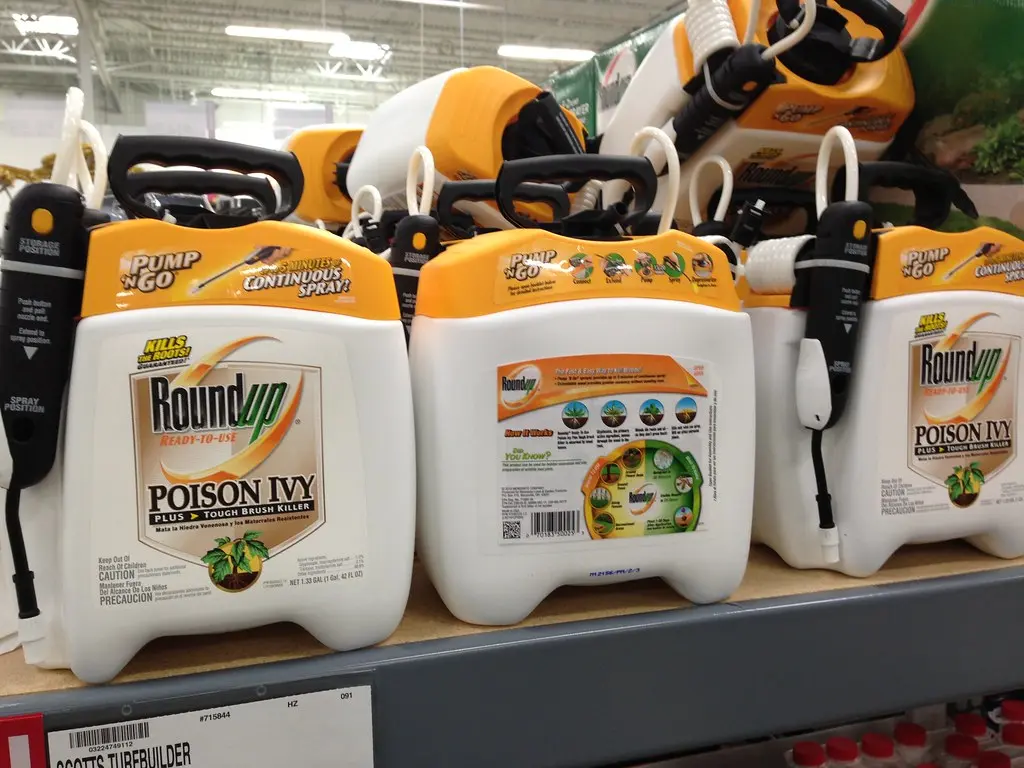Chemical weed killers often offer a quick solution to unwanted vegetation, but their adverse effects on both human health and the environment are significant and long-lasting.
These chemicals disrupt multiple crucial elements of natural ecosystems—from killing beneficial soil microbes to harming native plants and wildlife. Their widespread use presents considerable ecological risks.
Because of these concerns, adopting organic weed management techniques is a smarter choice. Below are seven effective, safe, and environmentally-friendly strategies to control weeds organically. Keep reading to learn more!
1. Boiling Water
Boiling water is one of the simplest and most accessible natural weed killers. Pouring boiling water directly onto unwanted weeds will destroy them quickly and effectively.
This method works exceptionally well for weeds growing in tight spaces like cracks in driveways, sidewalks, and patios.
The best part? It’s completely free and chemical-free! However, exercise caution as boiling water will kill any plant it contacts, so be precise to avoid damaging desirable plants.
2. Vinegar
Vinegar’s acetic acid makes it an effective and eco-friendly weed killer, especially for hard-to-reach areas such as pathways and between patio stones.
For tougher weeds, use a vinegar solution with a higher acetic acid concentration (20% or above). Since vinegar is a common household item, it’s a cost-effective method to try.
Just remember to apply on calm days to avoid drift that might harm your garden plants.
3. Salt
Table salt can serve as an inexpensive and effective weed controller when dissolved in water and applied directly to weeds.
Salt disrupts plants’ water absorption, causing them to dry up and die over time.
However, use it sparingly because excessive salt can degrade soil fertility and harm nearby plants. Apply only in areas where you do not intend to grow future vegetation.
4. Corn Gluten Meal
Corn gluten meal is a natural pre-emergent herbicide that inhibits weed seed germination, making it highly effective for long-term weed control.
For best results, apply it early in the growing season, such as early spring, to prevent weeds from sprouting.
Although it may have a higher initial cost, corn gluten meal supports soil health and reduces reliance on chemical herbicides, fostering a thriving, organic garden environment. Don’t forget, it also acts as a fertilizer by adding nitrogen.
Discover more about the benefits of corn gluten meal and how it can contribute to an eco-friendly low-maintenance garden that flourishes beautifully.
5. Mulch
Mulching is a versatile and effective way to suppress weed growth while enhancing soil health.
Wood shavings provide longer-lasting coverage and can improve garden aesthetics, whereas straw breaks down faster and enriches the soil as it decomposes. Grass clippings are another resourceful option for organic mulching.
Using locally sourced mulch or repurposed yard waste can minimize costs, while applying a thick layer around plants and beds keeps weed seeds in darkness, preventing germination.
Additionally, as mulch decomposes, it releases valuable nutrients that promote robust plant growth and soil vitality.
6. Newspaper or Cardboard
Repurposed newspapers and cardboard act as excellent weed barriers when layered around plants and covered with mulch.
These materials block sunlight from reaching weed seeds, halting their growth effectively.
This approach also supports sustainability by recycling waste materials instead of adding them to landfills.
Be cautious to avoid glossy or colored paper, which may contain harmful inks. This simple method can assist you in maintaining an attractive garden with minimal effort.
7. Essential Oils
Essential oils such as clove and cinnamon offer an effective, aromatic alternative to chemical herbicides, particularly suited for small garden areas.
Prepare a natural weed spray by mixing a few drops of essential oil with water and a splash of dish soap to help it adhere to plant leaves.
Apply on sunny days to maximize efficacy, as heat enhances the oil’s drying action, killing weeds efficiently while leaving a pleasant scent.
Final Tip
Consider integrating these eco-friendly weed control methods into regular garden routines for sustainable and healthier results.
If maintaining your garden becomes overwhelming, professional garden services can provide expert weed management and maintenance services, ensuring a beautiful garden with minimal effort on your part.
Conclusion
To sum up, natural weed killers are not only effective but also far safer alternatives to chemical herbicides.
Choosing organic methods protects your family’s health, preserves environmental integrity, and enhances soil fertility. Your garden will flourish vibrant and fertile and bring you more satisfaction and joy throughout the seasons.
Good luck, and happy gardening!
Expanding your organic weed control toolbox is essential for a thriving, sustainable garden. Combining physical methods like mulching and barrier techniques with natural herbicides such as vinegar or essential oils ensures comprehensive control without harming beneficial insects or soil organisms. Regular monitoring and early intervention prevent weed proliferation, saving time and effort later. Additionally, enriching soil with organic matter promotes strong plant growth, which naturally outcompetes weeds. Embracing these holistic approaches fosters a healthier garden ecosystem, promoting biodiversity and resilience while reducing reliance on harmful chemicals. By choosing organic weed management, you contribute positively to environmental conservation and garden vitality for years to come.
For those planning a move, it’s important to consider eco-friendly solutions for managing weeds in the new garden. Check out these methods for reducing moving expenses with removalists to make your move smoother and more sustainable.



